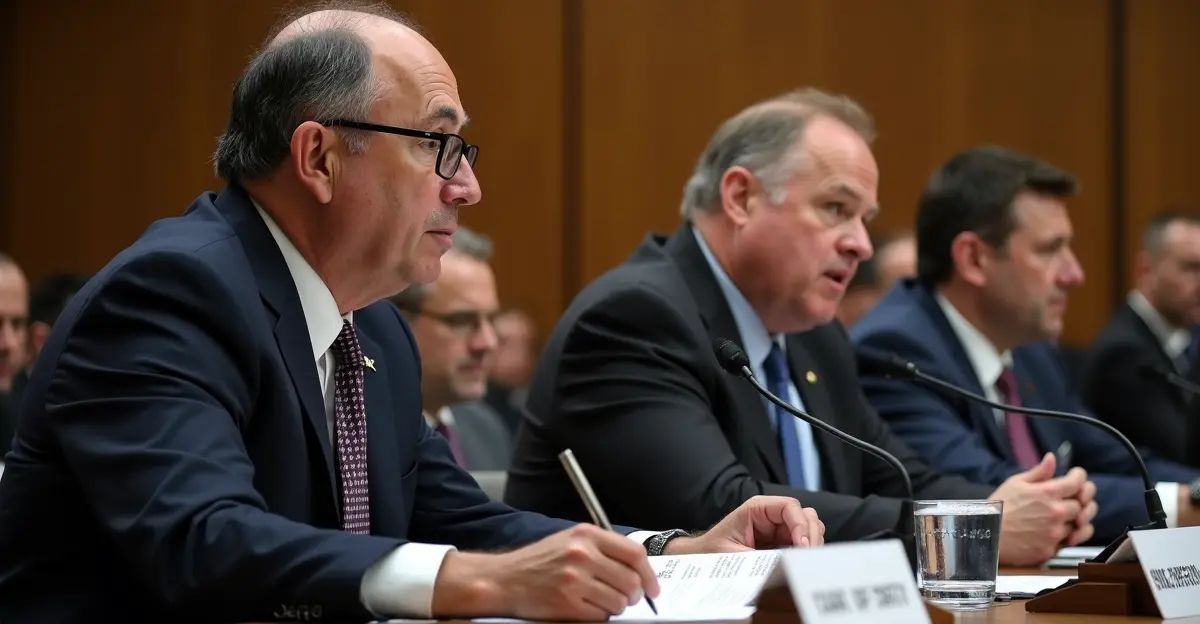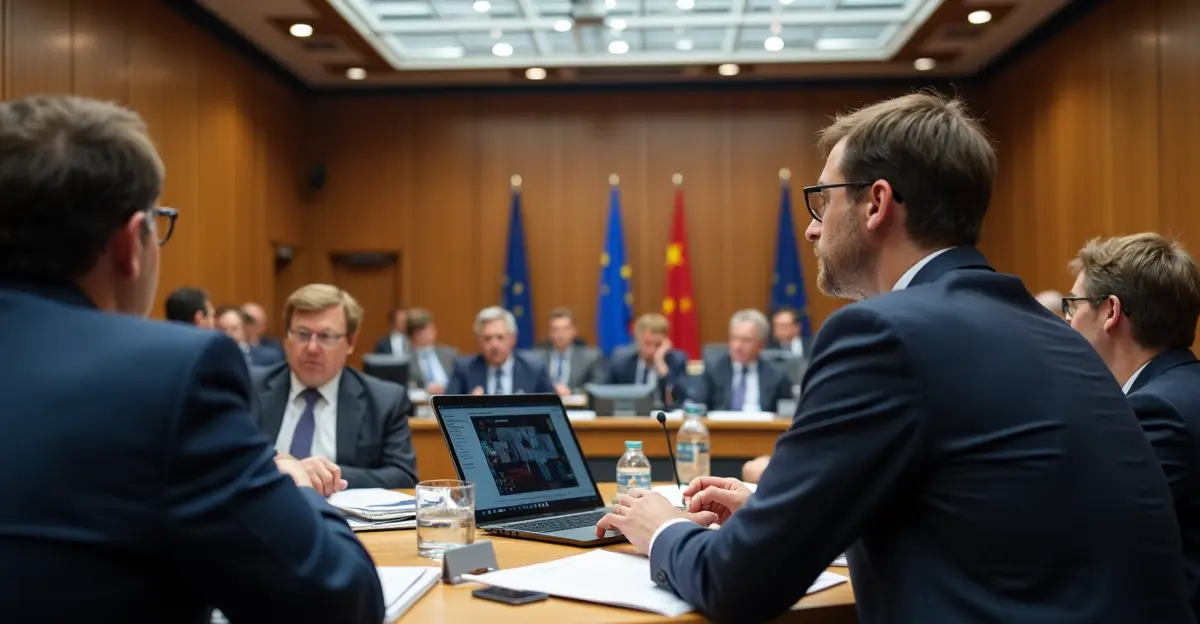International Regulators Unite on Big Tech Investigations
In a significant development for global antitrust enforcement, regulators from the United States, European Union, and United Kingdom are coordinating unprecedented investigations into major technology companies. The coordinated effort focuses on two critical areas: data portability requirements and market remedies designed to increase competition in digital markets.
Data Portability Takes Center Stage
The push for data portability represents a fundamental shift in how regulators approach digital markets. Under the EU's Digital Markets Act, which became fully applicable in 2023, designated 'gatekeeper' platforms must allow users to easily transfer their data to competing services. This requirement is now becoming a focal point for coordinated enforcement actions across multiple jurisdictions.
'Data portability is no longer just a theoretical concept—it's becoming the cornerstone of digital market competition,' says Dr. Maria Rodriguez, antitrust professor at Georgetown University Law Center. 'When users can freely move their data between platforms, it fundamentally changes the competitive dynamics.'
Market Remedies and Structural Changes
Beyond data portability, regulators are exploring more aggressive market remedies. Recent cases have seen unusual settlements requiring partial divestitures and software licensing arrangements. The HPE-Juniper Networks acquisition, valued at $14 billion, resulted in a settlement requiring HPE to divest only its Instant On WLAN business rather than its full enterprise-grade operations—a departure from traditional antitrust remedies.
'We're seeing regulators test new theories of harm and novel remedies,' notes antitrust attorney James Chen from Goodwin Law. 'The traditional playbook is being rewritten as authorities confront the unique challenges of digital markets.'
Global Coordination Intensifies
The coordination between US, EU, and UK authorities represents a new era in international antitrust enforcement. According to recent analysis from FTI Consulting, enforcement activities have intensified with increased dawn raids across Europe and potential fines reaching up to 1% of turnover for obstruction.
The European Commission has been particularly active, launching its first labor market cartel case while consulting on merger guideline reforms focused on innovation and ecosystem effects. Meanwhile, US courts have demonstrated increased willingness to confront digital platforms with structural remedies.
Impact on Major Technology Companies
The coordinated investigations target six major companies designated as gatekeepers under the DMA: Alphabet (Google), Amazon, Apple, ByteDance (TikTok), Meta (Facebook), and Microsoft. These companies control 22 core platform services that the EU considers essential for digital market competition.
'The days of isolated national enforcement are over,' states European Commission competition official Klaus Schmidt. 'When we coordinate across jurisdictions, we can achieve meaningful changes in market structure that benefit consumers and competitors alike.'
Emerging Trends in Enforcement
Several key trends are emerging from the coordinated enforcement efforts. First, there's increased focus on algorithmic pricing and AI tools, with concerns about potential collusion and anticompetitive outcomes. Second, refusal-to-deal claims are being revived in technology cases as plaintiffs explore alternative theories like exclusive dealing.
Third, document preservation challenges from tools like Slack, ephemeral messaging, and generative AI are creating compliance headaches for companies. As noted in the Baker McKenzie 2025 forecast, companies need robust compliance policies and cross-border investigation playbooks to navigate these challenges.
Future Outlook
The coordinated approach signals a permanent shift in how antitrust authorities approach digital markets. With the UK's Digital Markets, Competition and Consumers Act and the amended Hart-Scott-Rodino Act in the US joining the EU's DMA, companies face an increasingly complex regulatory landscape.
'This isn't a temporary phenomenon—it's the new normal for digital markets,' concludes Dr. Rodriguez. 'Companies that adapt to these coordinated enforcement efforts will be better positioned for long-term success in the global digital economy.'

 Nederlands
Nederlands
 English
English
 Deutsch
Deutsch
 Français
Français
 Español
Español
 Português
Português









